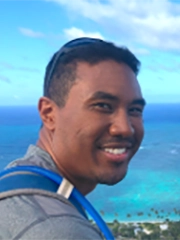
Richard Coleman
Assistant Professor, Department of Marine Biology and Ecology
rrc116@miami.edu
Richard Coleman is an Assistant Professor in the Department of Marine Biology and Ecology. His research centers on the evolution and ecology of tropical marine fishes, with a particular interest in how ecological, behavioral, and evolutionary processes shape biodiversity across coral reef ecosystems. His research program integrates genomics, ecological fieldwork, and advanced survey techniques to investigate the spatial scale of marine fish populations and the ecological and evolutionary mechanisms that drive their diversification. By combining high-resolution genomic datasets with extensive field surveys, his work examines how geologic history, environmental factors, species interactions, and life-history traits influence patterns of species distributions horizontally across large seascapes and vertically from shallow reefs to mesophotic ecosystems. A major focus of his lab is understanding the processes that generate and maintain biodiversity in the marine realm. This includes studying population connectivity, dispersal, hybridization, adaptation to depth, and the consequences of species introductions.
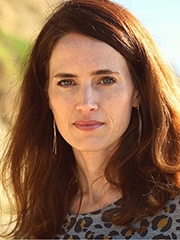
Jennifer Jacquet
Professor, Department of Environmental Science and Policy
jxj2177@miami.edu
Jennifer Jacquet is a Professor in the Department of Environmental Science and Policy. She conducts research on the exploitation of aquatic animals, particularly when it comes to fisheries, aquaculture, and the wildlife trade, as well as the possible policies to protect them. She has received a Sloan research fellowship in ocean sciences and a Pew fellowship in marine conservation.
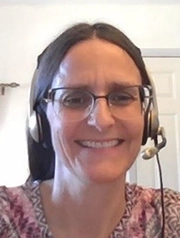
Elizabeth A Babock
Professor,
Associate Dean, Graduate Studies
Associate Dean, Master of Professional Science
ebabcock@miami.edu
Professor, Marine Biology and Ecology Beth Babcock is an expert on fish population dynamics, quantitative ecology, Bayesian statistics, and fisheries management. She works on methods to improve assessment and managment for small-scale fisheries, estimating bycatch of protected species, and ecological modeling. She and her students study a range of species including sharks, sea turtles, reef fishes, large pelagic fishes, conch and lobsters in Florida.
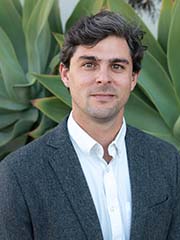
Juan Carlos Villaseñor-Derbez
Assistant Professor, Department of Environmental Science and Policy
jc_villasenor@miami.edu
Juan Carlos Villaseñor-Derbez is an Assistant Professor in the Department of Environmental Science and Policy and a Core Faculty member at the Frost Institute for Data Science and Computing. He applies modern data science tools to study the human dimensions of marine conservation and environmental change. His research leverages extensive vessel-tracking and georeferenced fisheries data to explore the costs and benefits of Marine Protected Areas and other area-based conservation measures, focusing on their magnitude and distribution.
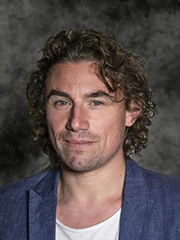
Gabriel Reygondeau
Associate Professor, Department of Marine Biology and Ecology
gabriel.reygondeau@miami.edu
Dr. Gabriel Reygondeau is a marine biogeographer and oceanographer whose interdisciplinary research explores the complex interplay between oceanographic processes, biodiversity, and human impacts on marine ecosystems. With a Ph.D. from the University of Montpellier and a robust international academic path—including positions at Yale University, the University of British Columbia, and currently as an Associate Professor at the University of Miami—his work spans global to regional scales. He specializes in modeling species distributions, analyzing climate-driven changes in marine biodiversity, and supporting conservation efforts through big data analytics. As the coordinator of AquaMaps and co-coordinator of FishBase, Dr. Reygondeau plays a pivotal role in developing global biodiversity databases and decision-support tools for marine spatial planning. His research, published in top-tier journals, informs global initiatives such as the IPCC and Half Earth, and aims to guide sustainable ocean governance in a changing climate.
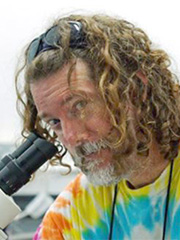
Paul Sikkel
Research Professor, Department of Marine Biology and Ecology
pcs75@earth.miami.edu
Paul Sikkel is a Research Professor in the Department of Marine Biology and Ecology. His research is rooted in field studies in marine ecology, particularly fish behavior, and currently focuses on the role and importance of “cryptofauna”, particularly parasites. His work occurs in both the tropical western Atlantic and Indo Pacific, including The Philippines, Australia, South Africa, and Micronesia and leverages the “natural experiments” created my marine protected and adjacent fished areas to study effects of human disturbance on host-parasite interactions and associated symbioses such as cleaning behavior. He enables members of local communities through his research and promotes the engagement of artists in science communication.









